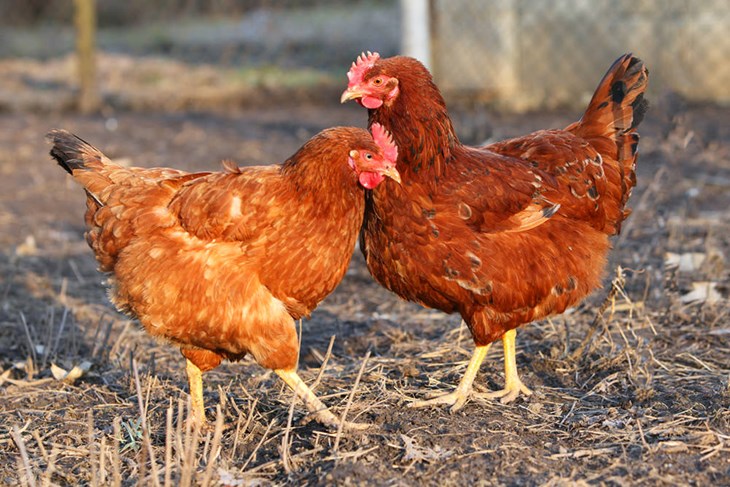8/17/2023
Aiming for higher animal welfare and protection of the planet by replacing or cutting down on meat products is integral to fighting for a better future. However, one factor that tends to be overlooked is that people and communities are also interlocked with these issues. Achieving higher welfare is impossible without widespread consumer buy-in. But can everyone afford to make better choices?
The Special Supplemental Nutrition Program for Women, Infants, and Children (WIC) is a federal assistance program under the United States Department of Agriculture that provides healthcare and financial nutrition assistance for pregnant and breastfeeding women on low incomes, and children under the age of five. Based on specific state programs, there are limitations on what products can be purchased. Over the past few years many state WIC programs have expanded their Approved Foods Lists to allow cage-free egg options. However, some states still impose restrictions.
To empower all consumers to be able to make more humane food choices, all WIC programs should allow cage-free eggs as an available option for participants.

Cage-free housing gives egg-laying hens a baseline improvement in welfare with the ability to move around and exhibit natural behaviors. Encouraging consumers to make more humane choices can push producers and the market to make these options more widely available.
Cage-free eggs are a better option compared to more conventional methods of egg production. Conventional egg production crams egg-laying hens in crowded quarters. Hens are unable to expand their wings or express natural behaviors such as foraging, nesting, roosting, and dustbathing.
Despite the cost difference between cage-free eggs and conventional eggs decreasing over time (with the price of cage-free eggs even falling below that of conventional eggs during last year’s national egg shortage), income remains a limiting factor in the ability to purchase higher welfare eggs. expanding access to cage-free eggs to families on WIC will help remove the income barrier to making higher welfare food choices.
Having cage-free eggs as a part of the WIC approved food lists benefits WIC participants as well, making the shopping experience less restrictive, and offers more choices , and strengthens the overall consumer base for important sources of nutrition.

With changing trends, where 89% of Americans are concerned about industrial animal agriculture, there have been massive shifts in corporate policies and state legislation towards a cage-free future. Forward-looking WIC agencies are adapting to these changes and ensuring that their family programs don’t get left behind.
All people regardless of income or background should be empowered to make more humane food choices. Changing consumer preferences towards higher welfare animal products along with new corporate policies and state legislation banning the use of cages in animal food production are shifting the marketplace for cage-free eggs.


